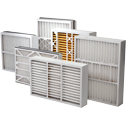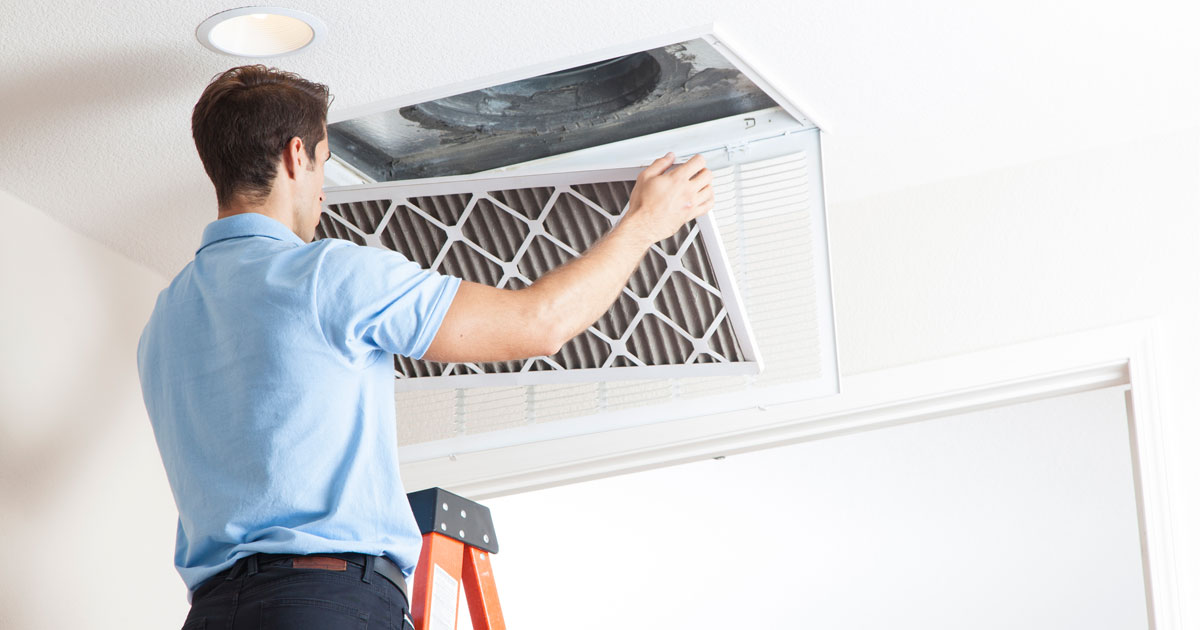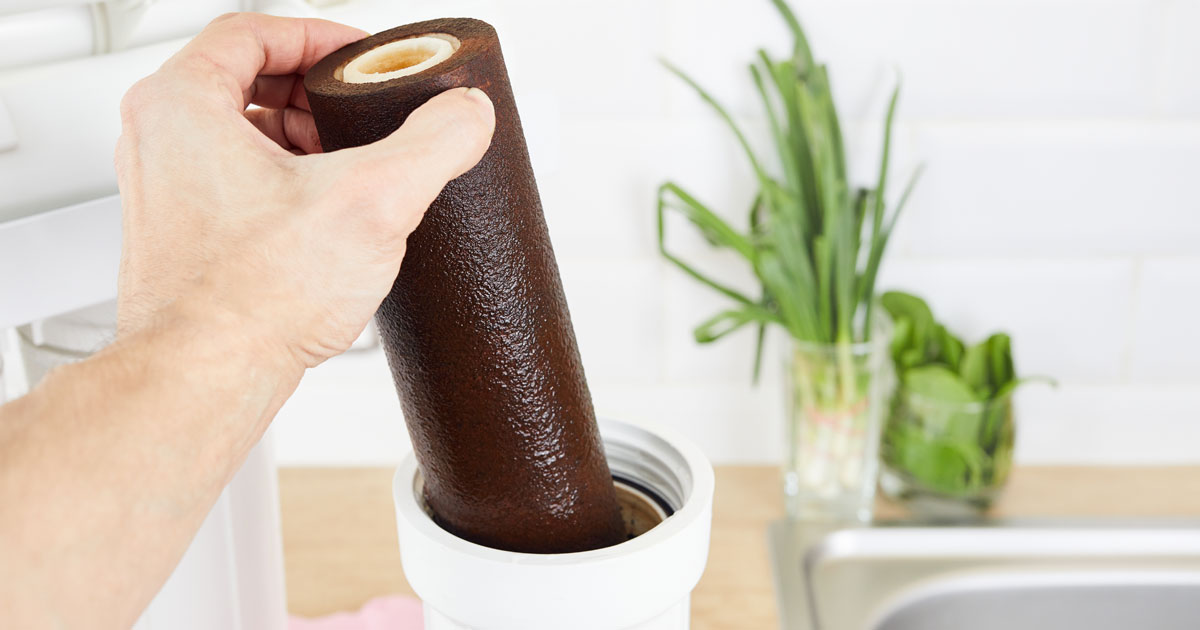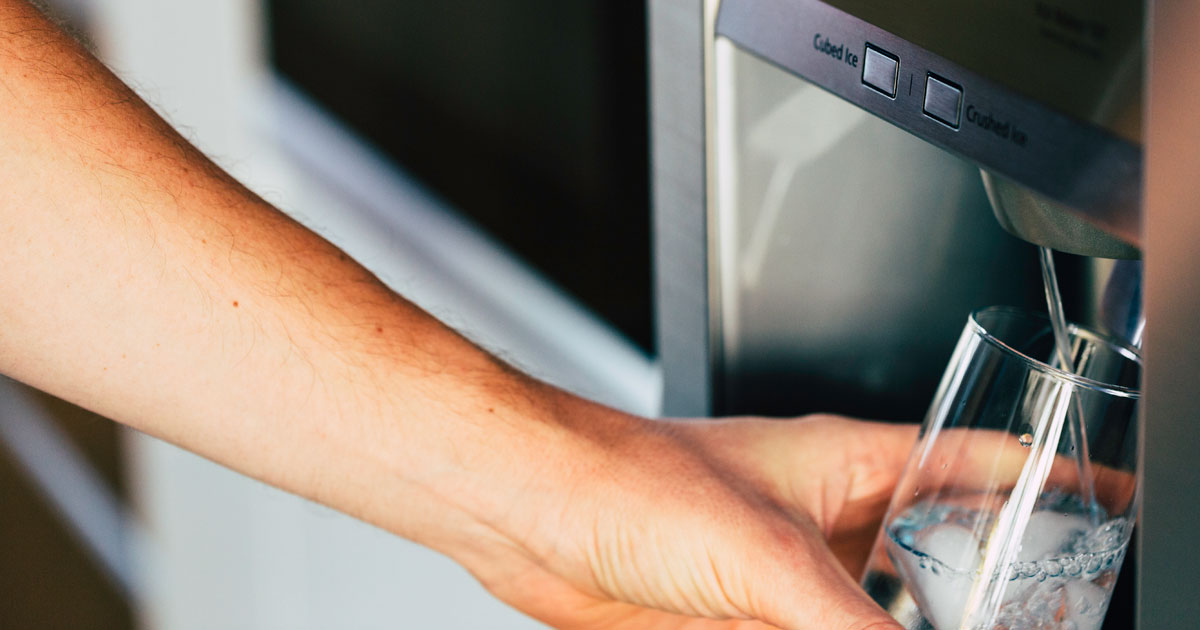Prep Your Home for Winter: Essential Air and Water Filter Maintenance
 Andrew
November 26, 2025
#airfilters
#filterreplacement
#maintenance
#waterfilters
#winterprep
Andrew
November 26, 2025
#airfilters
#filterreplacement
#maintenance
#waterfilters
#winterprep
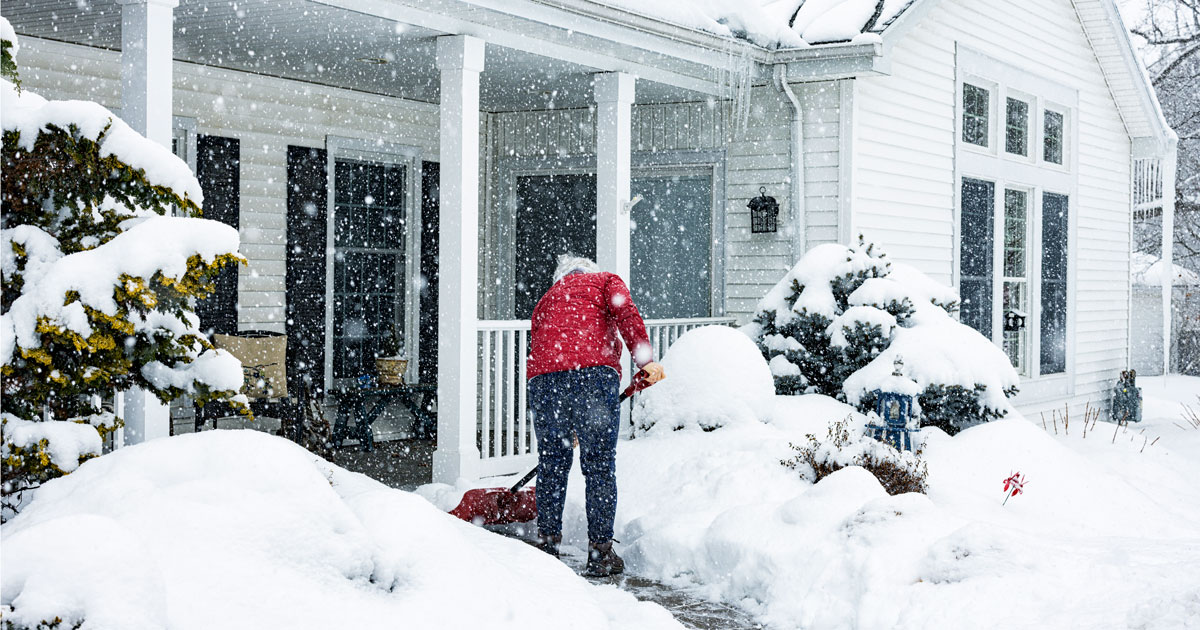
- Walk through the critical but often overlooked filter maintenance tasks that keep your home's air and water systems running smoothly all winter long
- Show you how to prep furnace for winter and maintain water filtration systems before guests arrive and usage increases
- Guide you on when routine maintenance ends and professional help begins, so you can address serious issues before they become emergencies
As temperatures drop and holiday gatherings approach, most homeowners run through their standard winter prep checklist: close and drain outdoor spigots, clear gutters of fall debris, and test smoke and carbon monoxide detectors. Some even level up their effort and seal drafts around windows and doors for better energy efficiency. (We see you, home energy efficiency master!) These tasks protect your home's structure and safety, but too many homeowners overlook the basics of indoor air and water quality. That's a mistake because these systems face their greatest demands precisely when family and friends gather for extended visits. A clogged furnace filter or an overtaxed water filtration system can lead to comfort issues, health concerns, or even equipment failures at the worst possible time. Simple maintenance now prevents holiday headaches later.
Understanding why these systems deserve attention during holiday home preparation comes down to timing and usage. Winter forces your HVAC system into continuous operation while closed windows trap indoor air. Meanwhile, preparing home for guests means increased water consumption for cooking, cleaning, and bathing, often double or triple your normal usage. Both situations stress filters already working at capacity, making pre-winter maintenance essential rather than optional.
Maintaining Your Home's Air Quality Systems
To properly prep a furnace for winter, start by changing your furnace filter before the heating season begins in earnest. A clean filter allows proper airflow, reduces energy costs, and prevents dust and allergens from circulating through your home during those long months when windows stay closed. Most furnace filters require replacement every 1–3 months during active heating seasons, but homes with pets, allergies, or high dust levels benefit from more frequent changes. Stock up on replacement furnace filters now, before the winter rush depletes inventory and shipping delays stretch from days into weeks.
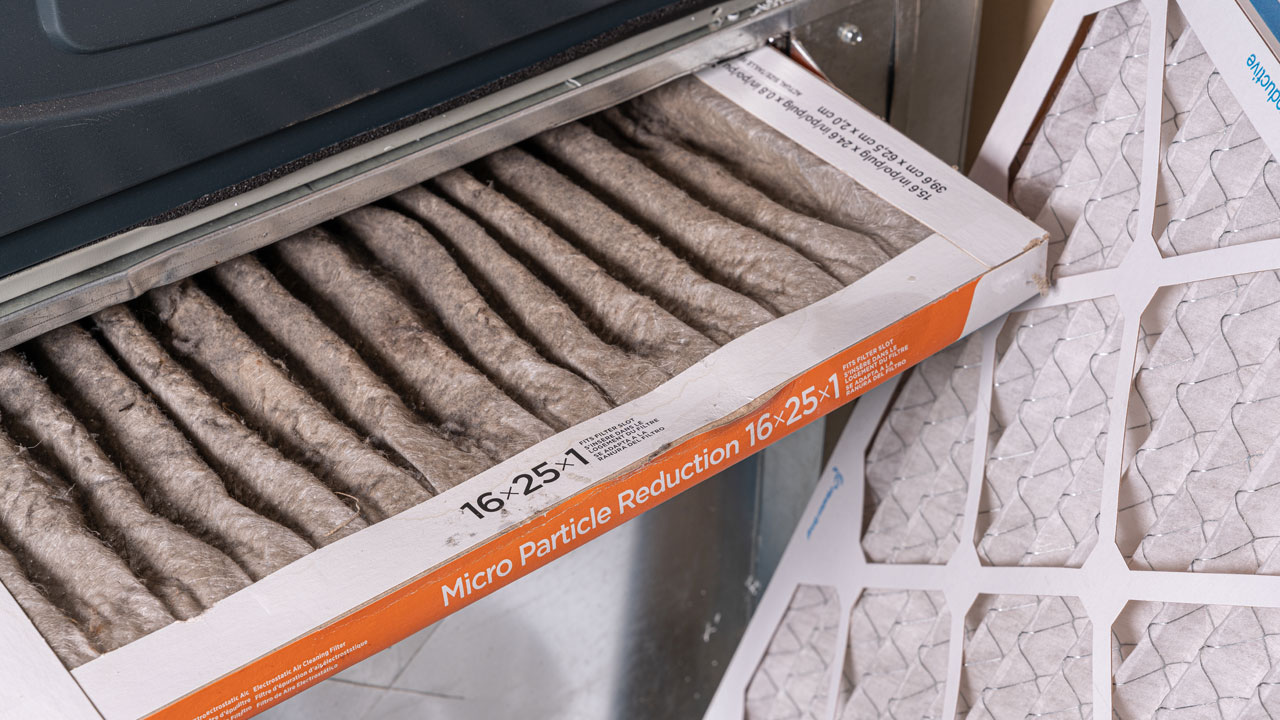
Before relying on your heating system for the first time, start your furnace or other heating system with a window or two open. This is particularly important for gas and propane units. This test run confirms everything operates correctly and allows any accumulated dust or odors to dissipate safely. Listen for unusual sounds, check that air flows from all vents, and verify your thermostat responds appropriately. Don't forget other air quality touchpoints: check range hood filters if you'll be cooking more frequently, add air purifiers to high-traffic rooms, replace any whole-house air purifier filters that are nearing their replacement interval, and ensure bathroom exhaust fans operate properly to manage increased humidity from guests' showers.
Create a simple maintenance schedule by marking your calendar for monthly filter checks throughout the season and pair that with a bulk order of a correctly sized pack of furnace filters. This proactive approach catches problems early and helps ensure you never run out of replacement filters during peak usage.
Preparing Your Water Filtration Systems
Water systems face similar winter pressures. If you have a whole house water filter system, check your pressure gauge and replace sediment and carbon filters if they're more than halfway through their typical lifespan. Fresh filters handle increased water usage more effectively and prevent pressure drops that make showers less pleasant and dishwashers less effective. For homes with water softeners, check salt levels and add more if needed. Soft water becomes especially important when laundry and dish loads increase during visits.

Refrigerator water filters often get forgotten until water flow slows to a trickle or ice production stops entirely. Replace your fridge filter before guests arrive, even if it hasn't hit the six-month mark. Run unused faucets in guest areas for a few minutes to clear stagnant water. The increased demand for ice and cold water during gatherings can overwhelm a filter. Similarly, if you have a traditional under sink reverse osmosis system, check the storage tank pressure (should read 7–9 PSI when empty), inspect all tubing connections for leaks, and clean the faucet and flush the membrane. Some RO systems benefit from a sanitizing rinse periodically, particularly if the system has sat unused for a while.
Like your HVAC maintenance, stock up on water filter replacements now. If it's due to be replaced soon, order a complete replacement set of filters for any multi-stage systems. Having replacements on hand means you can address problems immediately rather than waiting for shipping while guests go without filtered water.
When to Call a Professional
Most filter replacement and basic system maintenance falls squarely in DIY territory. These tasks require no special tools and take just minutes to complete. The only trick is remembering to do them. Some warning signs, however, indicate problems beyond simple filter changes that require professional attention before winter sets in.
For HVAC systems, call a professional if your furnace takes an unusually long time to heat your home even after changing the filter, if you smell gas or notice persistent unusual odors, if you hear grinding or squealing sounds, or if your system cycles on and off repeatedly without reaching temperature. These symptoms suggest issues with ignition systems, blower motors, heat exchangers, or other components that require trained technicians and potentially significant repairs with expensive parts and labor. Addressing these problems in fall prevents mid-winter emergency service calls that cost substantially more and leave you without heat during the coldest days. If it's been a few years, schedule a seasonal inspection—and don't be afraid to get a second opinion if you get quoted a costly repair.
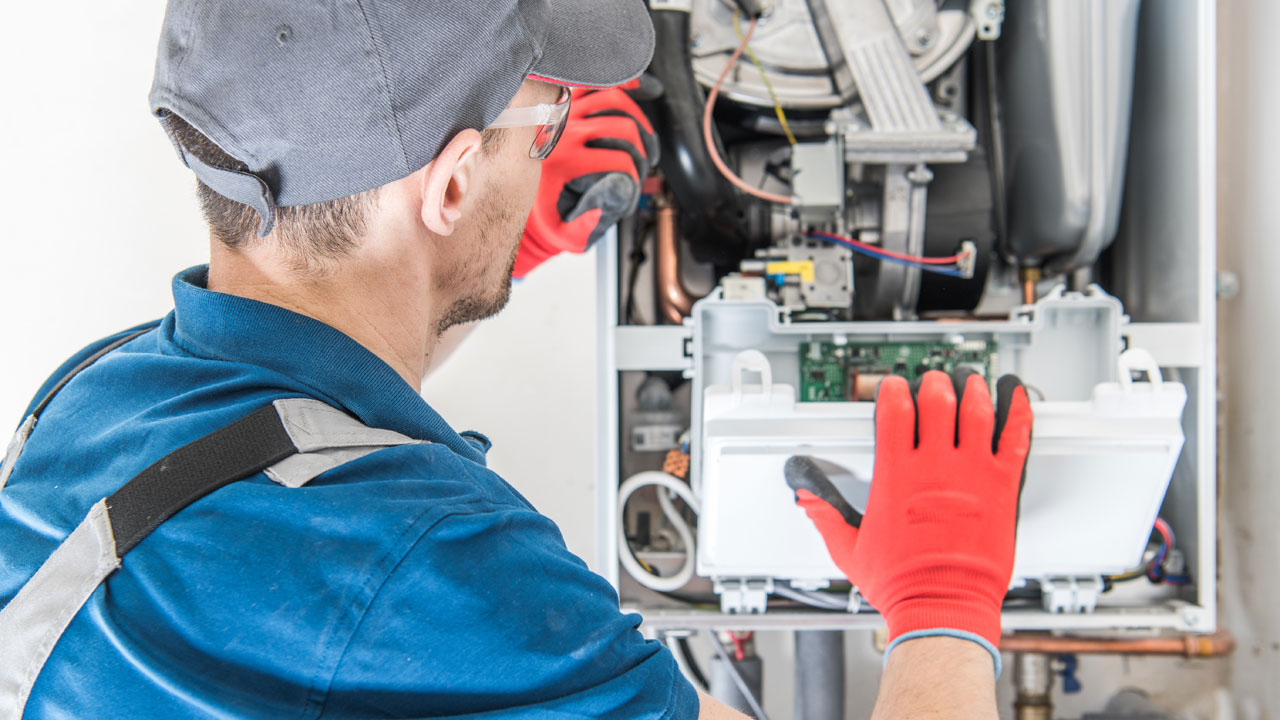
Water system red flags include persistent low pressure after filter replacement, any visible leaks around filter housings or RO systems, water that remains discolored or bad-tasting despite new filters, or whole house systems showing pressure drops exceeding 10 PSI across the filter assembly. RO systems producing water with high TDS readings (test with an inexpensive TDS meter) despite recent membrane replacement also warrant professional diagnosis. These issues often indicate problems with source water quality, improper installation, or component failures that simple filter changes cannot resolve.
Winter and holiday seasons ask a lot of your home's air and water systems. A little maintenance to prep your home for winter now ensures these systems handle increased demands without issue. While they're sure to comment on the lights, decor, and food, your family and guests will get the unheralded benefit of cleaner air and better-tasting water. And you'll get the peace of mind that comes from a well-maintained home ready for whatever winter brings.
